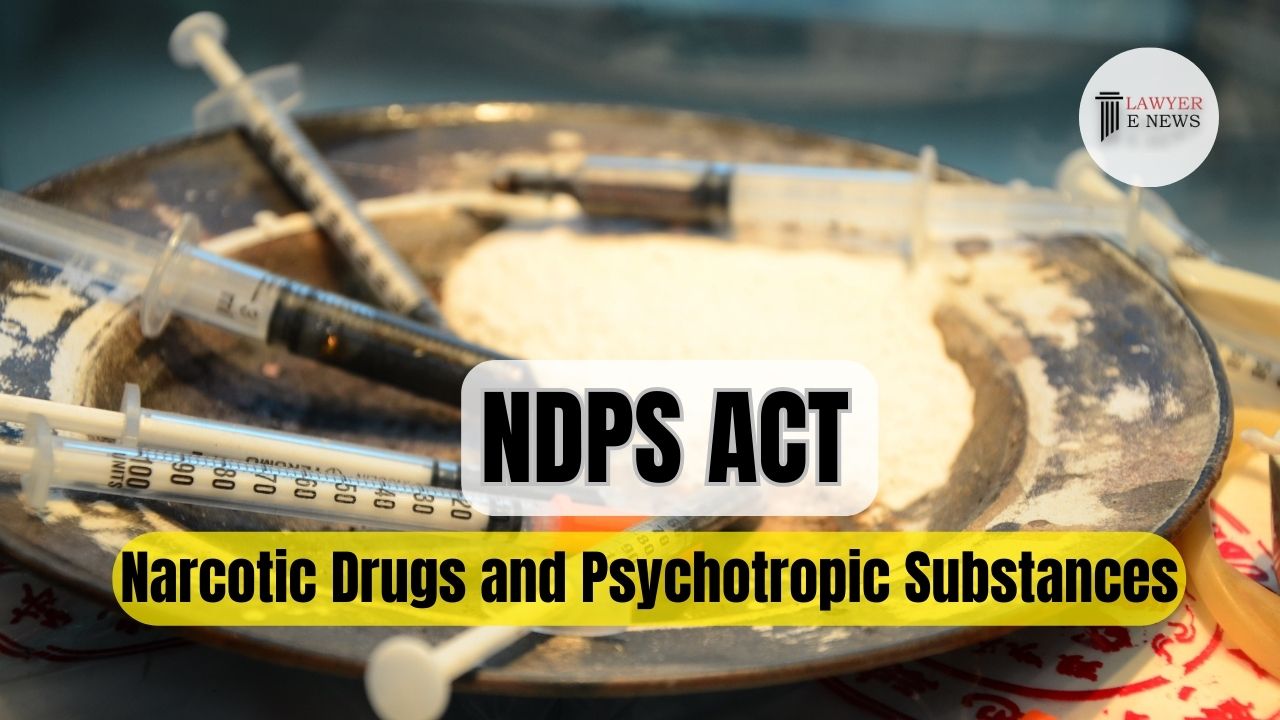-
by Admin
15 February 2026 2:36 AM



The Kerala High Court has denied bail to two accused in a high-profile heroin seizure case involving the largest recovery of the drug in the country. The court's decision, delivered by Justice A. Badharudeen, underscored the stringent requirements for bail under the Narcotic Drugs and Psychotropic Substances (NDPS) Act, highlighting the significant risk of reoffending if the accused were released.
The case revolves around the seizure of 217.525 kg of heroin from two boats, "Little Jesus" and "Prince," intercepted by the Directorate of Revenue Intelligence (DRI) on May 18, 2022. The boats, registered in Tamil Nadu, were found near Kochi, leading to the arrest of multiple individuals, including the petitioners, S. John Bosco and Sobhan S. The accused claimed they were merely fishermen unaware of the contraband on board, while the prosecution presented evidence suggesting their active involvement in the drug trafficking operation.
Justice A. Badharudeen noted that the prosecution had presented substantial evidence indicating the accused's involvement in the crime. "The presence of very few fishes in the boats, coupled with the seizure of such a large quantity of heroin, points to a clear involvement in the trafficking operation," the court observed. The defense's argument that the accused were innocent fishermen was not convincing given the circumstances and the evidence presented.
The court emphasized the stringent bail conditions under Section 37 of the NDPS Act, which requires the court to be satisfied that there are reasonable grounds for believing that the accused is not guilty of the offense and that they are unlikely to commit any offense while on bail. Justice Badharudeen stated, "In light of the substantial evidence against the accused and the seriousness of the charges, this court cannot satisfy the conditions necessary for granting bail under Section 37 of the NDPS Act."
The judgment extensively discussed the principles of granting bail under the NDPS Act, reiterating the Supreme Court's interpretation of "reasonable grounds" in such cases. The court highlighted that reasonable grounds must be more than prima facie and should suggest a substantial probability of the accused's innocence. "The materials available on record, including the seizure of a significant quantity of heroin and the role of the accused in transporting the contraband, fail to meet this threshold," the court concluded.
Justice Badharudeen remarked, "The sheer quantity of heroin seized and the specific circumstances of the case make it clear that the accused's release on bail would not be in the interest of justice. The conditions under Section 37 of the NDPS Act must be strictly adhered to, especially in cases involving such severe offenses."
The High Court's decision to deny bail reinforces the rigorous standards set under the NDPS Act for offenses involving large quantities of narcotics. By upholding these standards, the judgment aims to deter drug trafficking and ensure that those involved in such serious crimes are not granted leniency through bail. This ruling is expected to have a significant impact on future cases, emphasizing the judiciary's commitment to combating the narcotics trade.
Date of Decision: June 6, 2024
John Bosco and Others VS Union of India and Others
